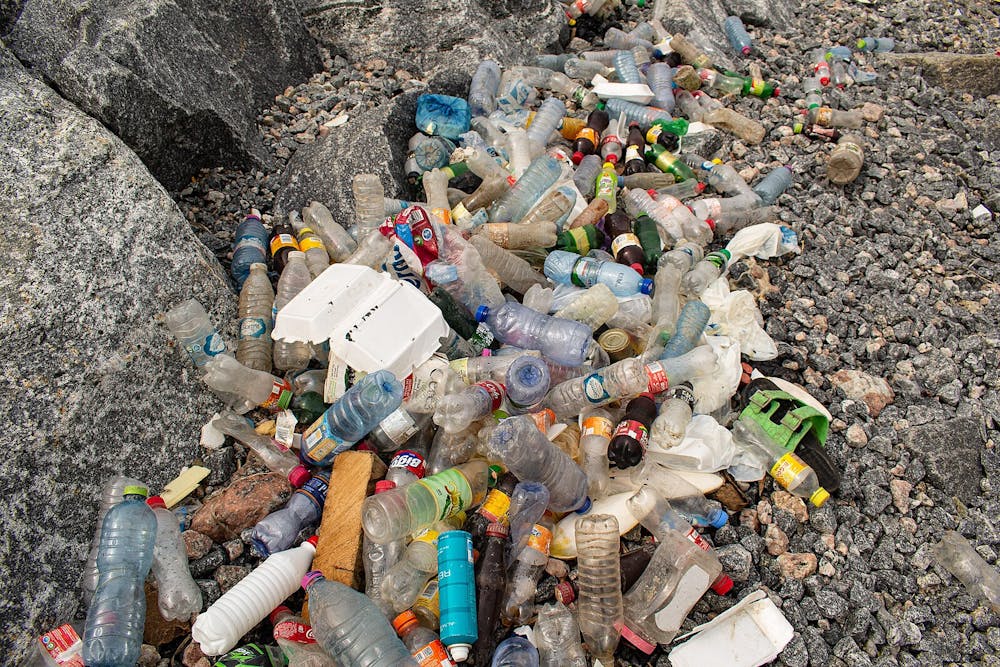By Brinda Patel
Correspondent
In 2022, the United Nations made a historic step to end plastic pollution by proposing a legally binding agreement to end plastic pollution internationally by the end of 2024. This covers the elimination of almost all production, packaging and disposal of plastic. In addition, the U.N. aims to increase reusable materials and models to approach today’s packaging requirements.
According to Greenpeace, a network of global organizations that peacefully protest for environmental causes, an effective plastic treaty will “cap and reduce plastic production, end single-use plastics, set reuse targets and accelerate a just transition towards reuse-based solutions, and ensure resources to support the delivery of the Treaty are aligned with the zero waste hierarchy.” Most importantly, the treaty must be centered around human rights discussions.
The negotiation for a U.N. treaty began in March 2022. The main objective has always been to eliminate all traces of plastic waste by the year 2040. Thanks to the U.N.’s efforts, this proposal can become a reality.
In Ottawa, Canada, over 174 delegates came together during the week of April 23- 29 to commence talks about dealing with plastic. This marked the fourth session of negotiations. These sessions discuss INC-1 to INC-5. INC stands for the Intergiver Negotiating Committee. According to the United Nations, INC-4 is the next to last conference of negotiations. INC-1 to INC-3 transpired from late 2022 to late 2023, respectively. The first three conferences only strengthened each country’s commitment to address the pollution crisis.
Although INC-1 to INC-3 were pivotal feats, U.N. Environmental Programme’s Executive Director Inger Andersen addressed those achievements and why there is still more progress to be made within the negotiations.
“We can be proud of what we have achieved. But a job half-done is a job not done,” Andersen stated. “Time is against us – both in terms of finalizing the instrument and how much more the planet can take. As we deliberate, plastic pollution continues to gush into ecosystems.”
The week-long conference for INC-4 ensured the inevitable status of the plastic treaty. The main topic of discussion was about plastic packaging regulation across the globe and any regions applicable to instilling a treaty. The takeaway is that no one country can uphold an effective plastic treaty without the support of others, even if there’s a geographical divide.
Three side events were also held to discuss plastic-free transitions, effects of plastic pollution in marine life and new approaches to capacity building and financing this matter.
Greenpeace Canada delivered their petition at the U.N. Negotiations this past week. Over two million people have signed their petition, including two thousand in Canada. The publication’s writer, Brandon Wei stated, “Gone are the romantic days of a lone glass bottle washing ashore, a faraway message inside. Nowadays, shorelines are deluged with plastic bottles – like the cutout we brought to the ECCC [Office of Environment and Climate Change Canada] – with a message from the planet, echoed by over two million people: end the age of plastic.”
This November, INC-5 will be held in Busan, South Korea. The fifth session will resolve negotiations and finalize the international contract to end plastic pollution.







